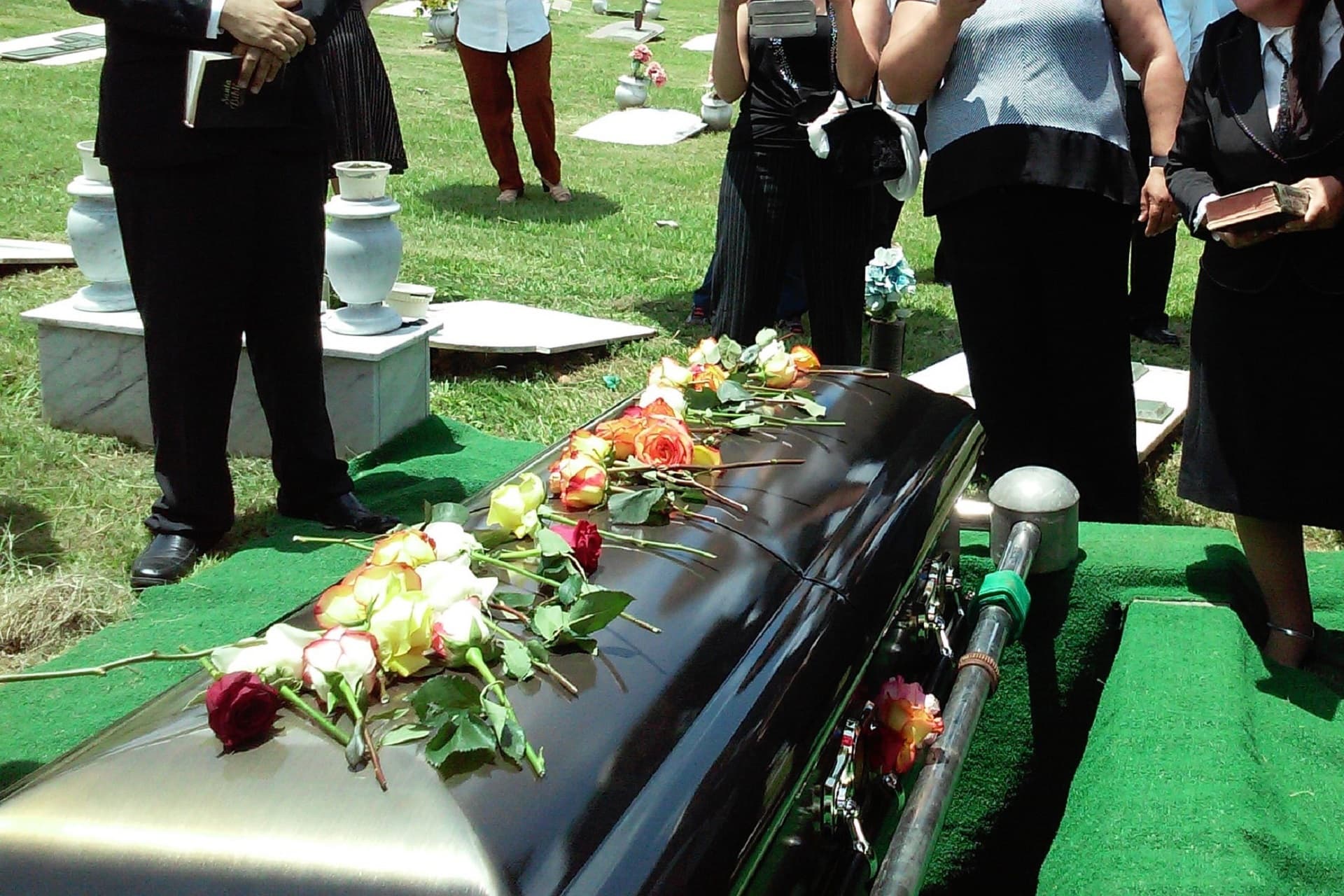
Have you ever thought about what happens to your estate when you die without a Will?
If you die without a will in place, you are considered to die ‘intestate’.
What does ‘Intestate’ mean?
When a person dies without a valid Will, that person is said to have died ‘intestate’.
What happens to a person’s estate when they have died ‘intestate’?
Entitlement to a person’s deceased estate when they have died intestate depends on who they are survived by. Chapter 4 of the Succession Act NSW 2006 sets out who will be the beneficiary of your estate if you die interstate.
The following table identifies who is entitled to a person’s deceased estate when they have died intestate in New South Wales:
| Order of Priority | Entitled Persons |
| 1 | Spouse (including De Facto Spouse) |
| 2 | Children |
| 3 | Parents |
| 4 | Brothers and Sisters |
| 5 | Grandparents |
| 6 | Aunts and Uncles |
| 7 | A relative |
| 8 | The State/The Crown |
If you die intestate and are survived by:
- Only one spouse and you do not re-marry or enter into a de facto relationship after being with your only spouse: that spouse is entitled to your whole estate (section 111 of the Succession Act NSW 2006)
- One spouse and you have children with that spouse: that spouse will remain entitled to your whole estate (section 112 of the Act);
- Your children, leaving no surviving spouse: your children are entitled to your whole estate in equal shares (section 127 of the Act);
- Your parents, leaving no surviving children or spouse: your parents are entitled to your whole estate in equal shares (section 128 of the Act).
In New South Wales, the line of succession to a person’s deceased estate when they die intestate follows the order as set out in the table above.
What happens after the entitled person to an intestate deceased estate has been identified?
The entitled person to an intestate deceased estate can make an application to the Supreme Court of New South Wales for a court order to be recognised as the legal personal representative of the deceased estate. This is known as an application for a Grant of Letters of Administration.
Once Letters of Administration is granted, the legal personal representative (also known as the “Administrator”) is legally entitled to administer and distribute the deceased’s estate to the entitled person, after all debts and liabilities owed by the deceased estate have been paid.
Speak to one of our professional Wills & Estates Lawyers to advise you on the rules of intestacy and the process of obtaining a Grant of Letters of Administration.
Related Articles
Funding Your Relative’s Aged Care? Understanding RADs
What should you consider when taking contributing funds towards your relative's aged care fees? The payment of nursing home…
An Executor Can Choose the Lawyer to Carry Out Estate Administration
As an executor you may think you must engage the law firm who originally drafted the Deceased's will. However this isn't the…
The articles on this website comprise legal general information and not legal advice. The general information presented here must not be relied upon without legal advice being sought. In the event that you wish to obtain legal advice on the contents of this general information you may do so by contacting our office or your existing solicitor.




